Description
8 Inches
Traditional Cookware
Go back to your roots, Get on to a healthy life style with Cast Iron Cookware
Practical Design
Every Product of ours has been designed for practical day to day use. We pay a lot of attention to its dimensions and weight. If it too light it would be easy to handle but then its heat retention would also be very less and food would get burnt soon. If it too heavy it would become difficult to handle and take longer to get heated initially. with all this in mind we strike the right balance in design and we call it Practical Design.
Seasoning your Dosa Tawa
The biggest mind-blocker of using a Cast Iron cookware is seasoning it. That’s why we have already seasoned it for you. This Product is ready to use. However it is quite natural that will need to re-season again it over time. To help you do it, we have Video Tutorials in our Website (URL available in Product Booklet) And more importantly, we never use any Chemicals in seasoning. It is 100% natural and done with Oil and that too it Organic Oil.
Natural way to Increase your Iron Intake
Boost your Iron Intake, in every meal you make. It is no Secret that cooking in cast iron increases the iron content of the food. The Iron we have in our body and that protects us from anemia is the same iron that is in Iron Cookware, just that the % of iron in our body is extremely small and cooking in Cast Iron Cookware gives a constant healthy supply of iron to our body.
Manufactured with Care
This Cast Iron Cookware is manufactured by Babu Engineering Foundry in Coimbatore, TamilNadu, India. A Cast Iron Foundry with over 35+ years of tradition and heritage.,
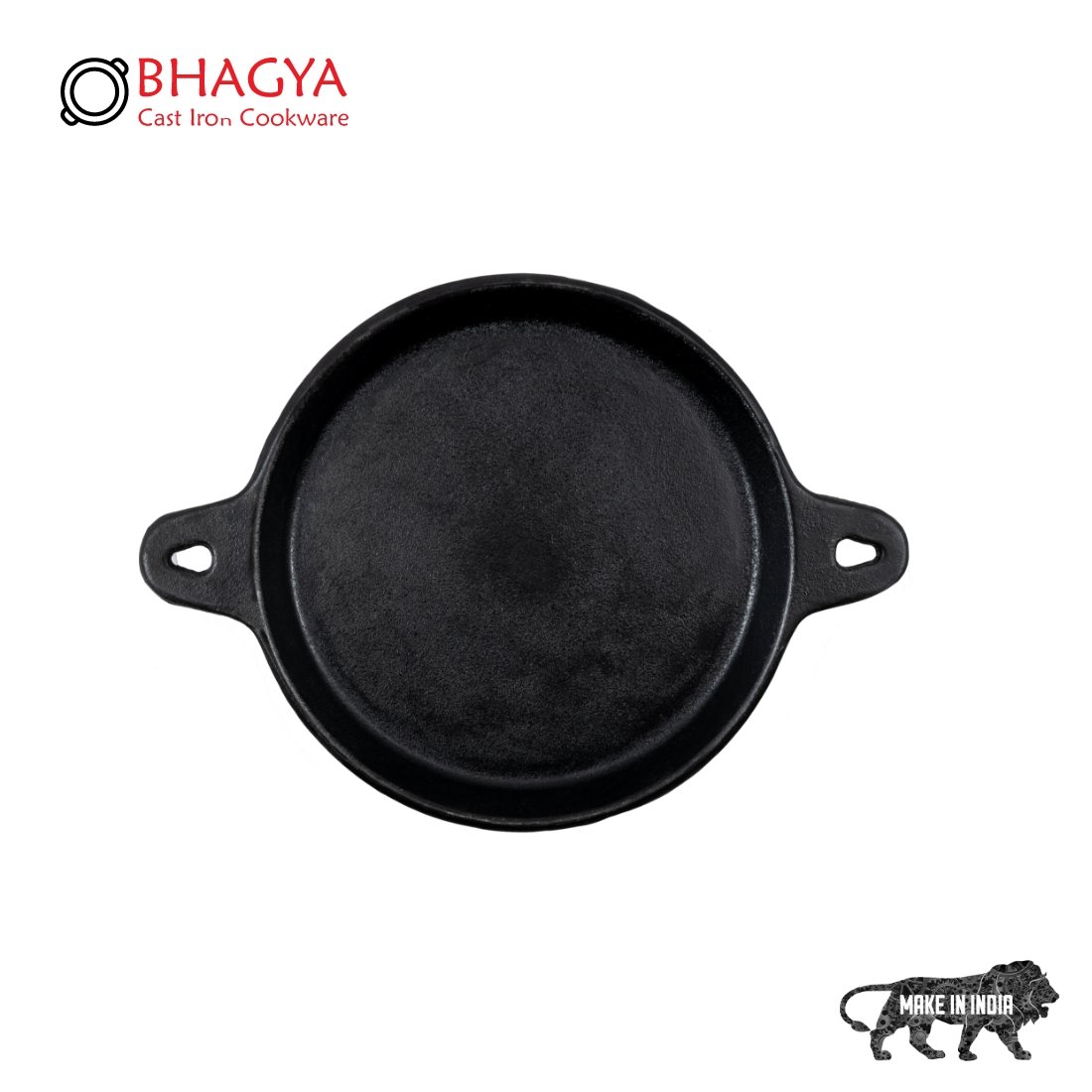

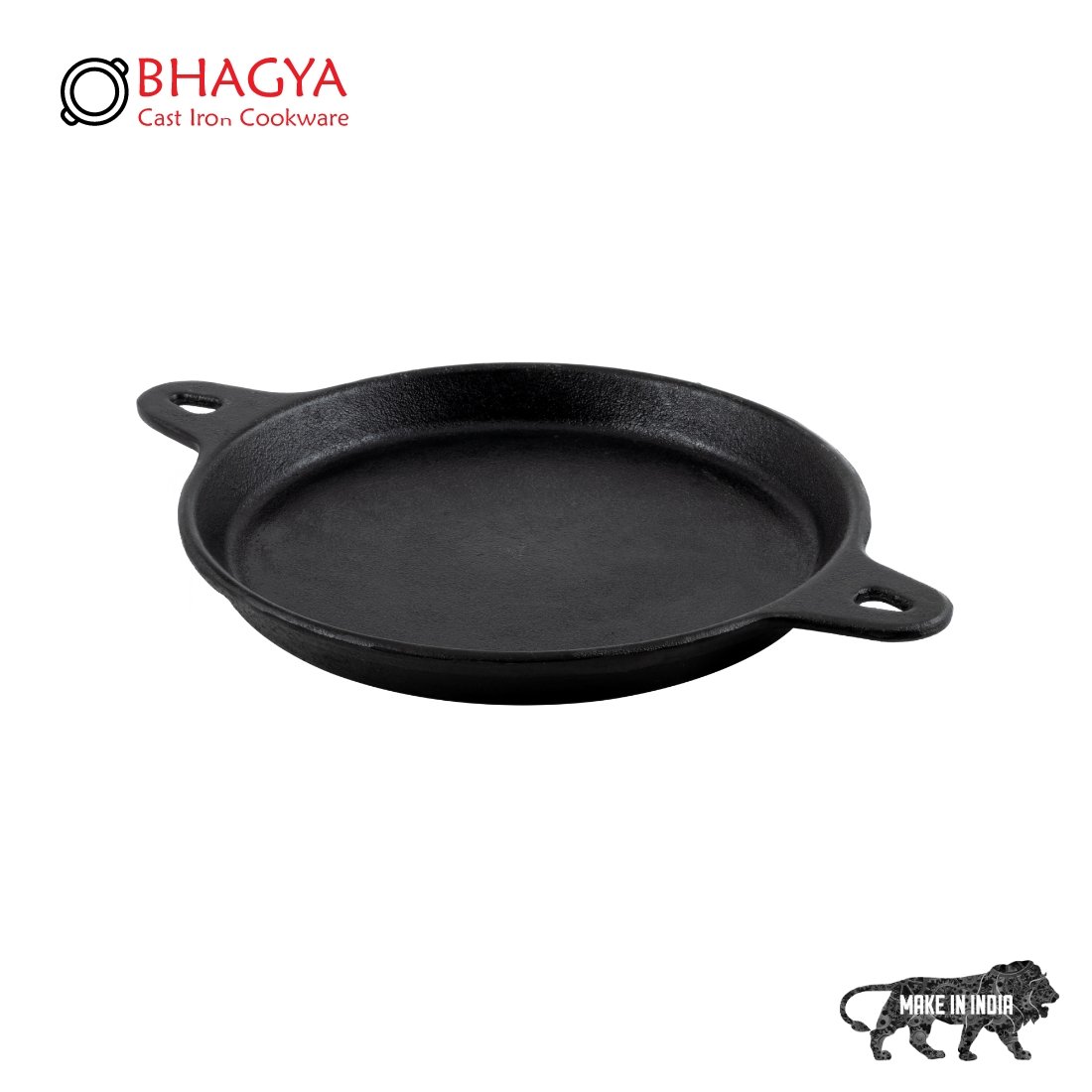
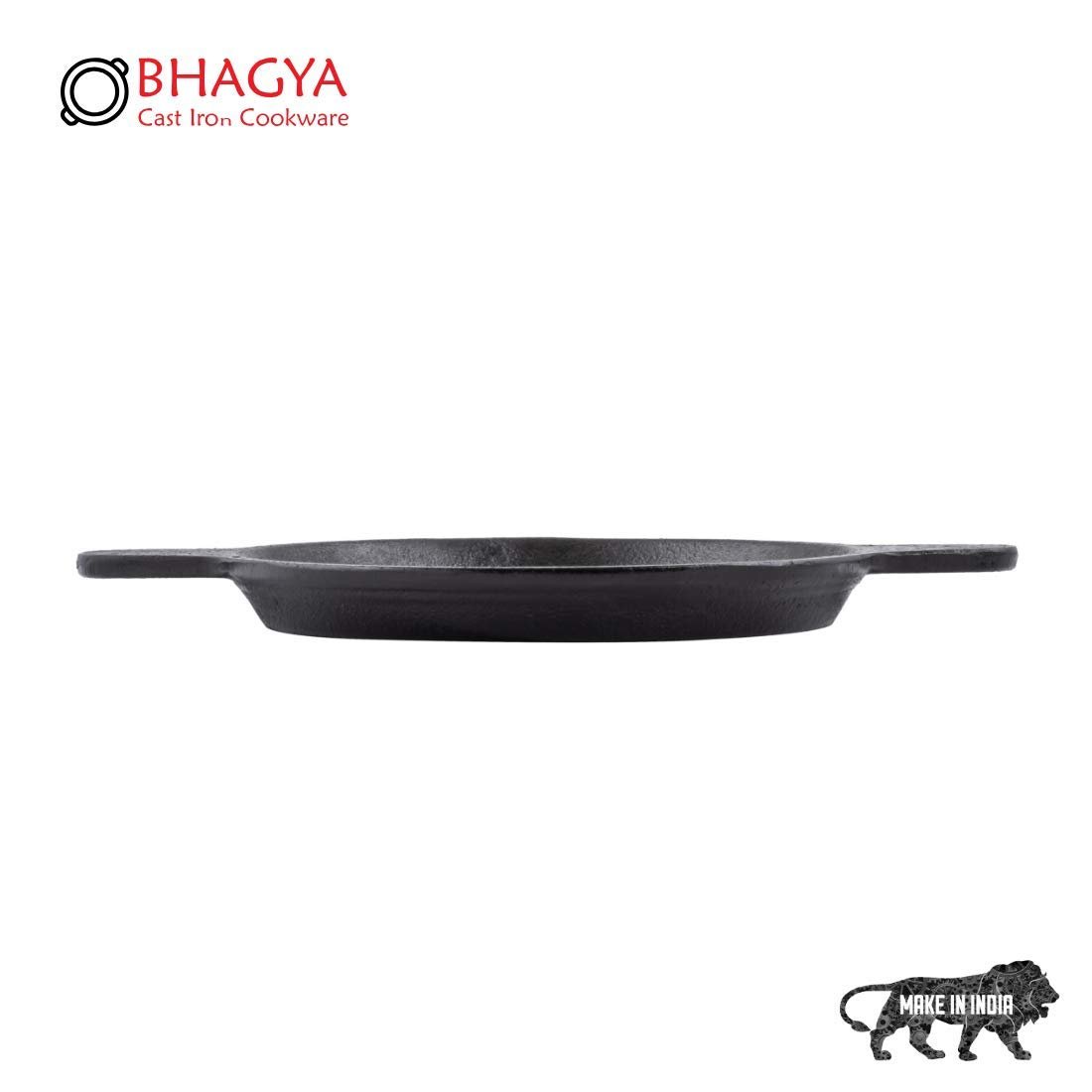
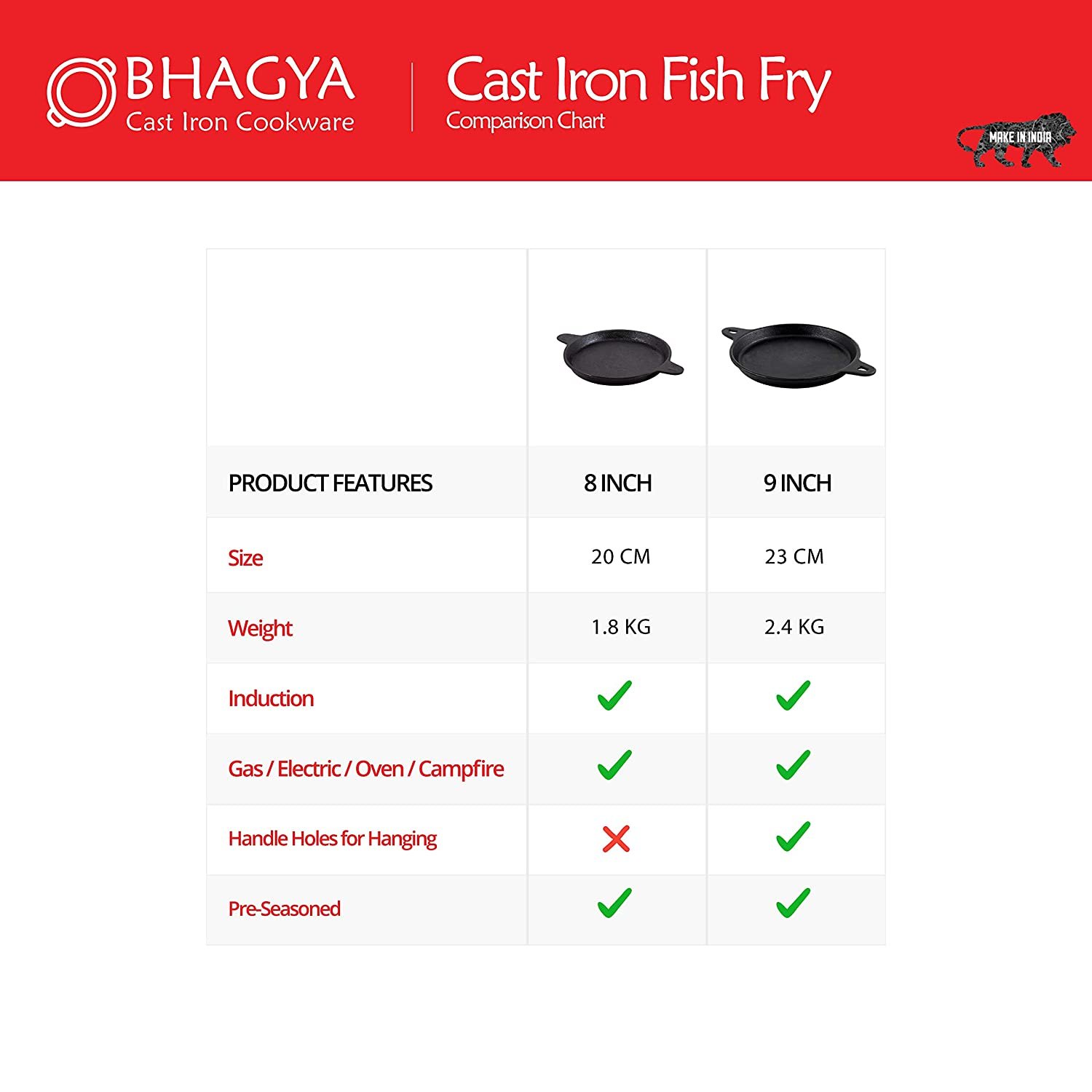
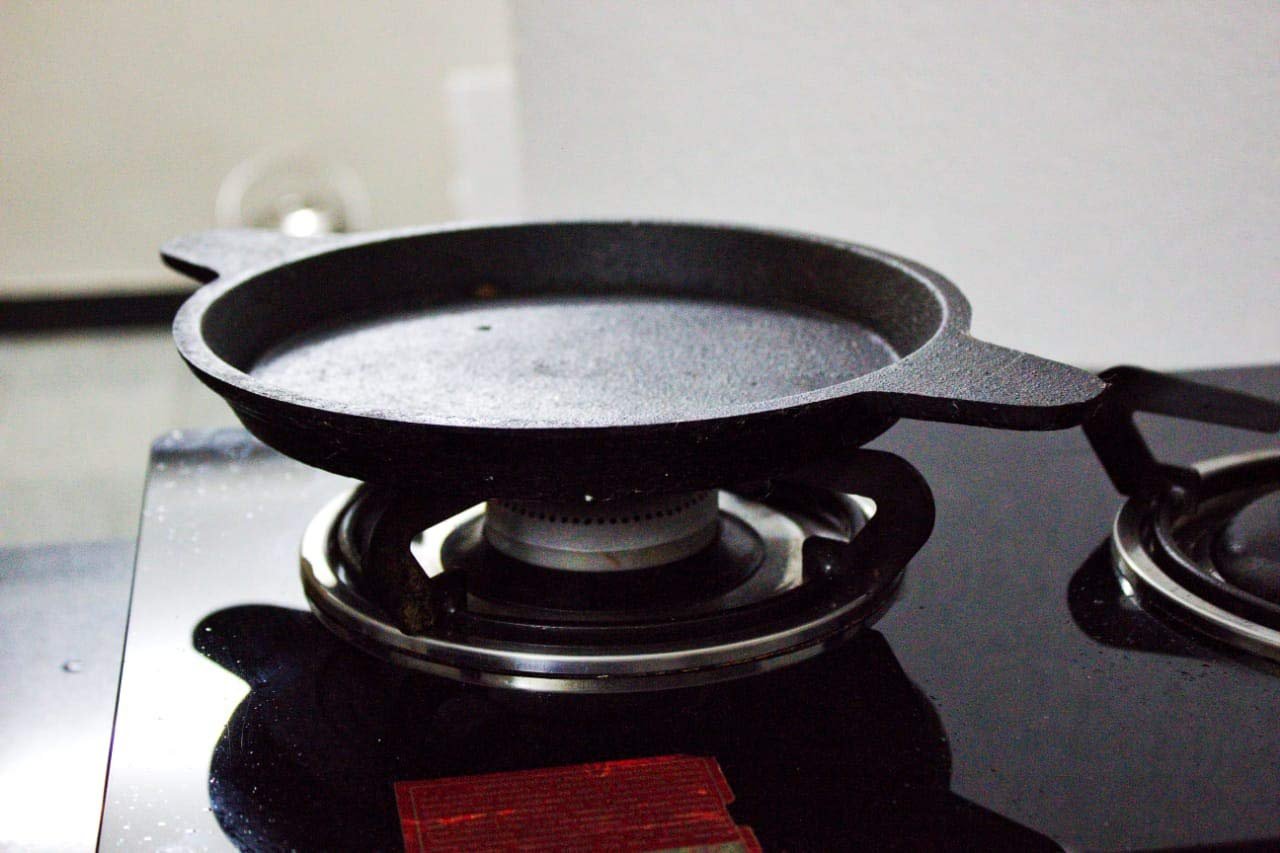
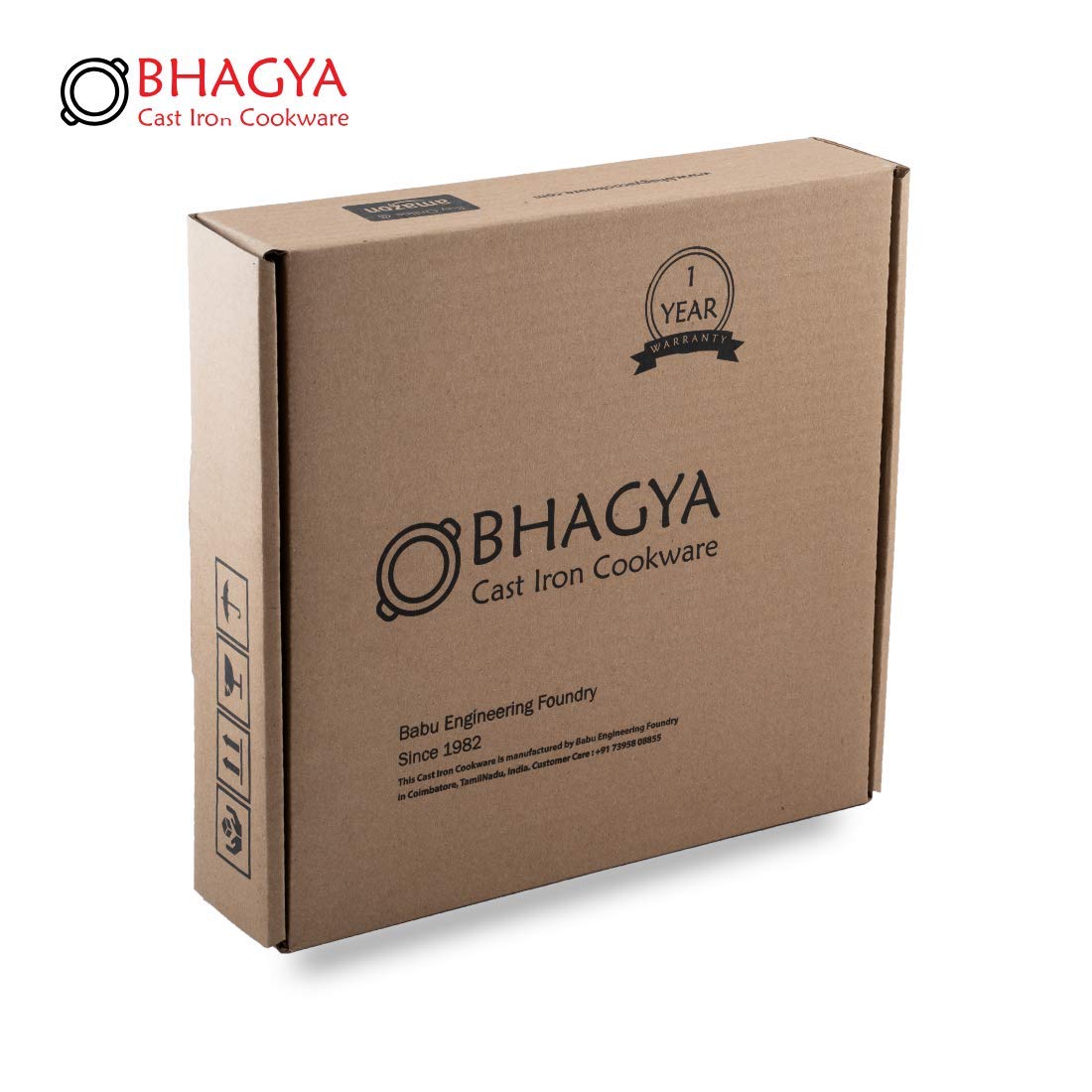
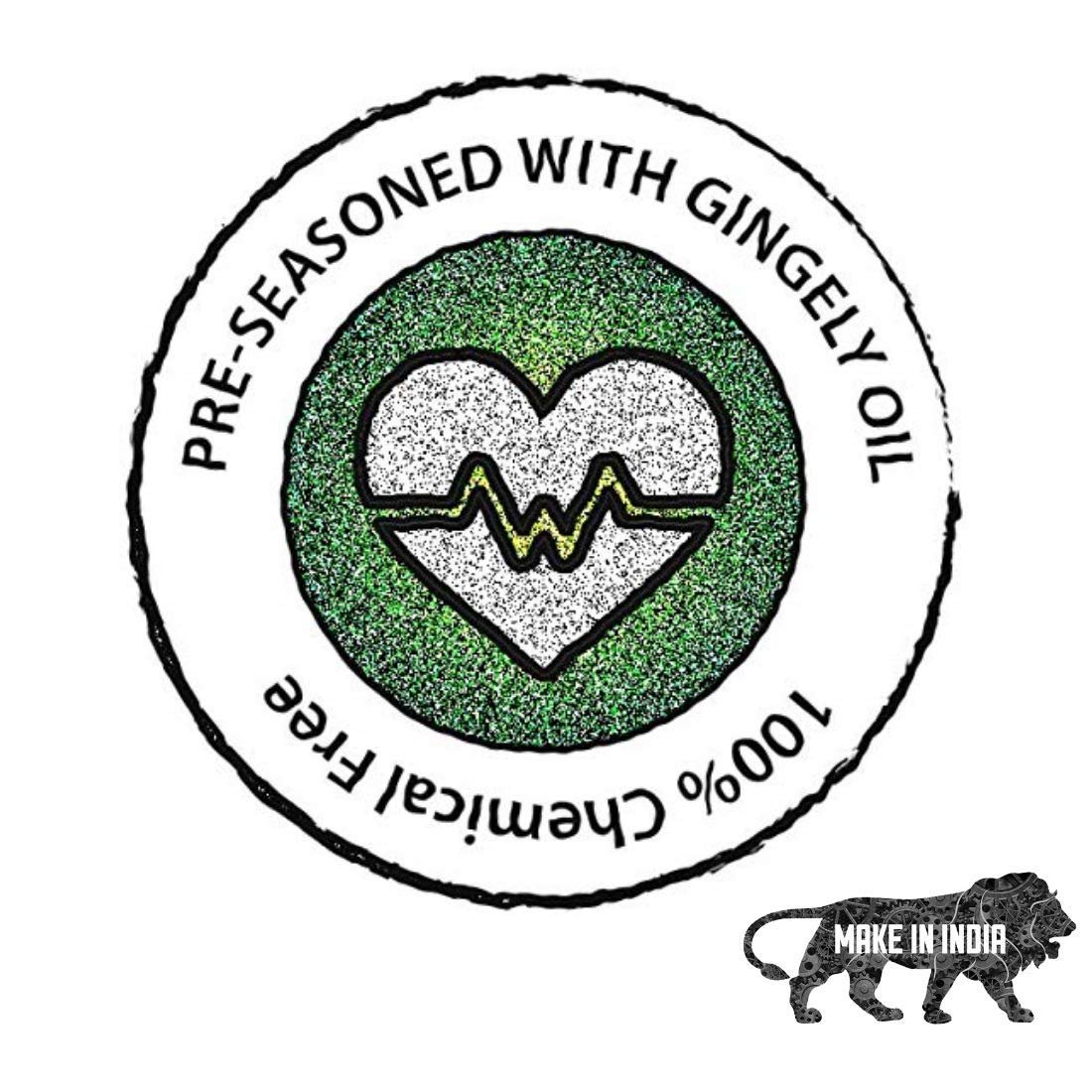

Reviews
There are no reviews yet.